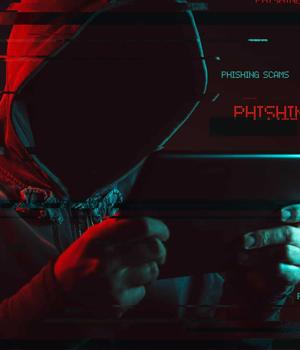Security News > 2011 > January > Hackers didn't retrieve data in Defense pharmacy website attack

http://www.nextgov.com/nextgov/ng_20110125_5321.php By Bob Brewin NextGov 01/25/2011 No data has been siphoned off the Defense Department PharmacoEconomic Center website and domain as the result of a hacker attack reported by a security firm last week, a Military Health System spokesman said. Austin Camacho, a spokesman for the TRICARE Management Activity, part of MHS, said in an e-mail that the PharmacoEconomic Center website has been taken down while security teams from the Army, which manages the center, review security flaws to identify potential vulnerabilities. The PharmacoEconomic Center website is a public access site and does not house any personally identifiable information, nor does it contain data regarding patient drug profiles, Camacho said. He added there is no data from the Prescription Medication Analysis and Reporting Tool, which is used to manage medication profiles, on the PharmacoEconomic Center website. Clinicians access PMART information from a separate secure server, Camacho said. [...] ___________________________________________________________ Tegatai Managed Colocation: Four Provider Blended Tier-1 Bandwidth, Fortinet Universal Threat Management, Natural Disaster Avoidance, Always-On Power Delivery Network, Cisco Switches, SAS 70 Type II Datacenter. Find peace of mind, Defend your Critical Infrastructure. http://www.tegataiphoenix.com/
News URL
http://www.nextgov.com/nextgov/ng_20110125_5321.php
Related news
- Hackers Exploit Paragon Partition Manager Driver Vulnerability in Ransomware Attacks (source)
- Hackers Exploit AWS Misconfigurations to Launch Phishing Attacks via SES and WorkMail (source)
- New ‘Rules File Backdoor’ Attack Lets Hackers Inject Malicious Code via AI Code Editors (source)
- TechRepublic EXCLUSIVE: New Ransomware Attacks are Getting More Personal as Hackers ‘Apply Psychological Pressure” (source)
- Hackers Repurpose RansomHub's EDRKillShifter in Medusa, BianLian, and Play Attacks (source)
- Chinese FamousSparrow hackers deploy upgraded malware in attacks (source)
- North Korean hackers adopt ClickFix attacks to target crypto firms (source)
- Russian hackers attack Western military mission using malicious drive (source)
- 41% of Attacks Bypass Defenses: Adversarial Exposure Validation Fixes That (source)
- Hackers Abuse Russian Bulletproof Host Proton66 for Global Attacks and Malware Delivery (source)